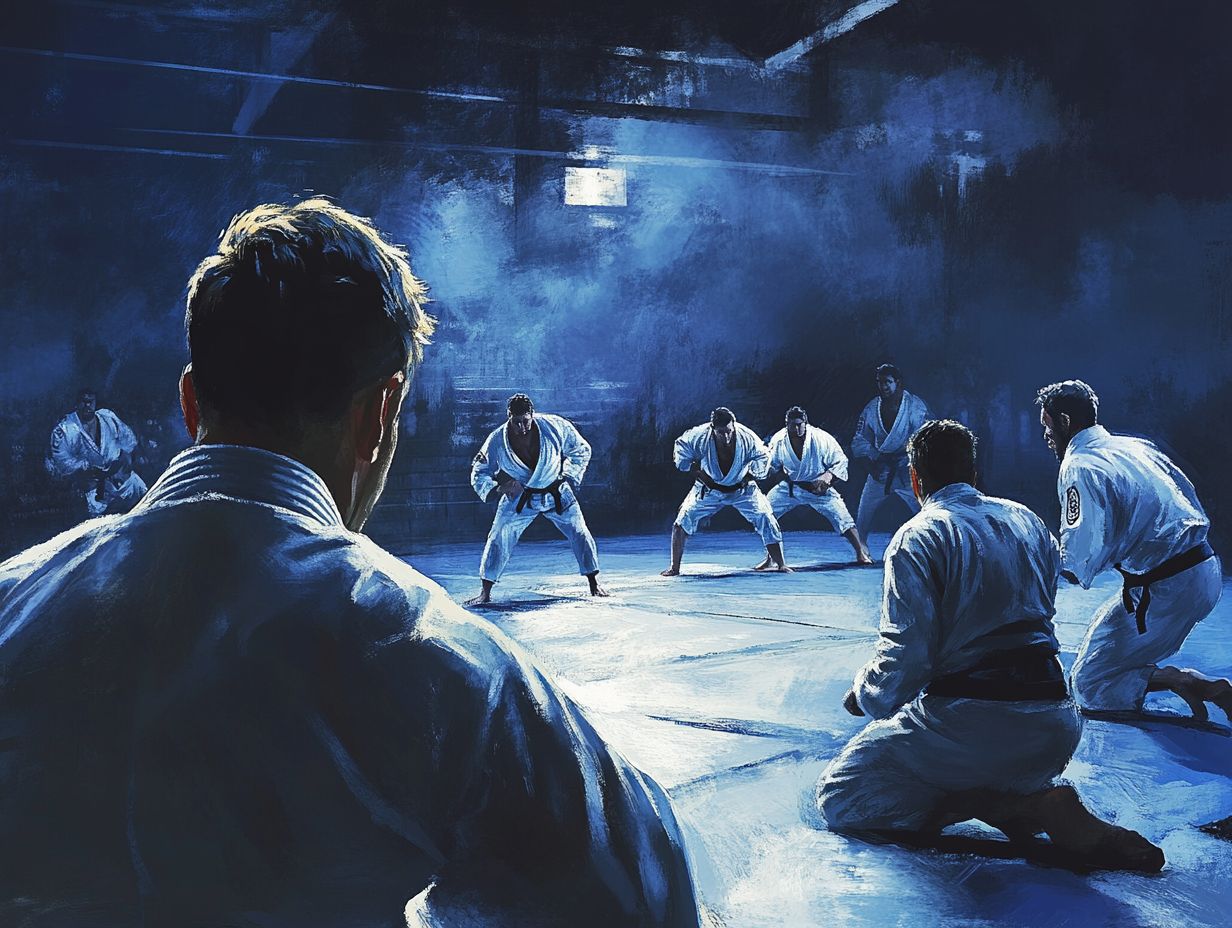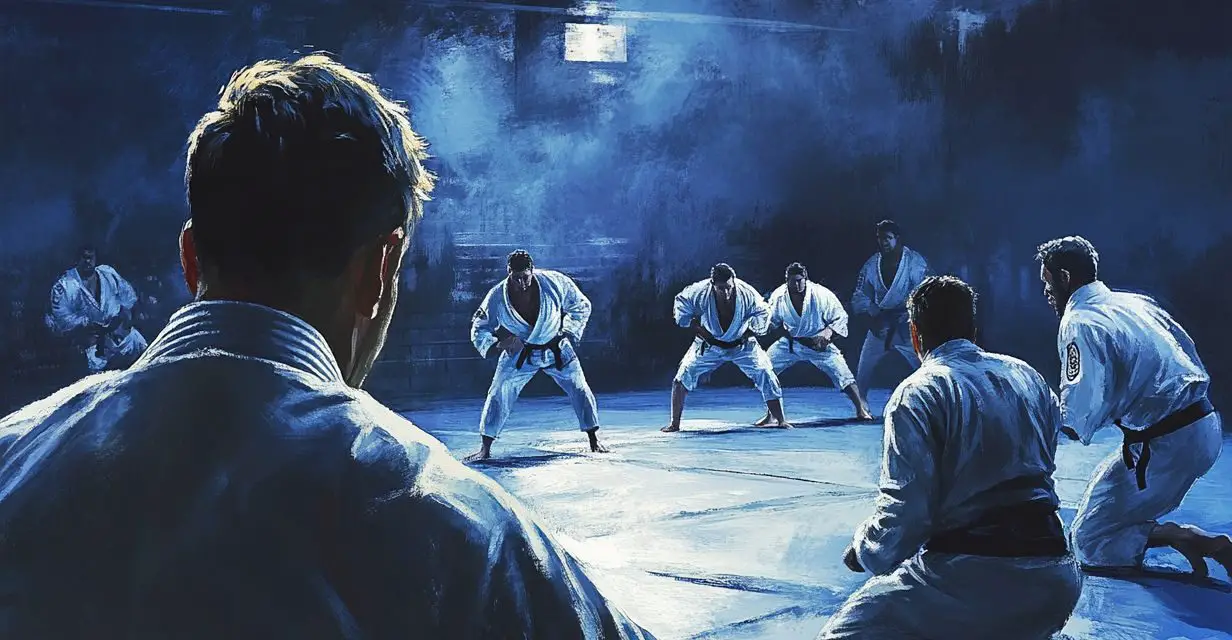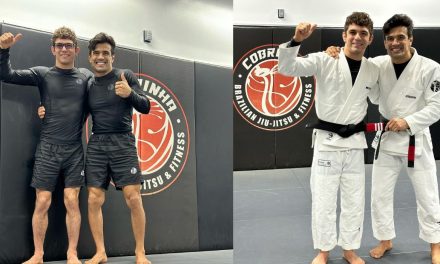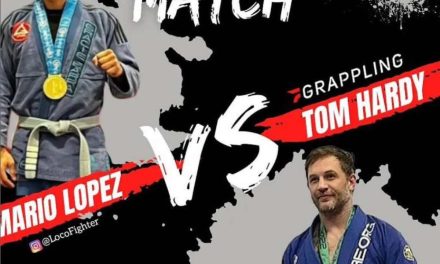
Jack Greener, a former college student whose life was dramatically altered during a Brazilian jiu-jitsu class in Del Mar, California, has been awarded over $46 million following a civil jury verdict after suffering a spinal injury that left him a quadriplegic.
Short Summary:
- Jack Greener sustained a spinal cord injury during a jiu-jitsu class, resulting in quadriplegia.
- A San Diego jury awarded him $46 million after determining negligence on the part of the instructor and jiu-jitsu studio.
- Greener’s case highlights broader implications for athlete safety and instructor accountability within combat sports.
In a landmark ruling, a civil jury in San Diego awarded Jack Greener $46 million after he sustained life-altering injuries during a Brazilian jiu-jitsu practice session at the Del Mar Jiu-Jitsu Club. The incident, which occurred on November 29, 2018, left Greener, then a 23-year-old novice, permanently paralyzed and facing so many challenges ahead.
Greener’s legal battle has drawn attention not only for the substantial financial award but also for the crucial legal principles involved regarding liability and assumed risk in contact sports. His attorneys argued that the actions of instructor Francisco Iturralde, a seasoned second-degree black belt, constituted a stark deviation from acceptable teaching standards, ultimately leading to Greener’s catastrophic injuries.
During the trial, it was revealed that Greener was positioned on all fours—known in jiu-jitsu as the “turtle” position—when Iturralde allegedly unleashed his entire body weight onto Greener’s head and neck without adequate control. According to court documents, this extreme force crushed Greener’s cervical vertebrae, leaving him unable to move. Greener’s attorneys contended that this was not merely an unfortunate accident in an assumed-risk scenario but rather an act of negligence that escalated risk beyond what was reasonable.
“At trial, Mr. Iturralde testified that he understood his responsibilities to keep his student safe and to minimize risk. He acknowledged failing to uphold that obligation,” stated lead attorney Rahul Ravipudi, emphasizing that this case serves as a crucial reminder of the responsibilities held by sports instructors.
As much of Greener’s life had been derailed by this injury, he had been nearing graduation from college and was on the brink of starting a career as a surf instructor. Instead of embarking on what should have been a bright future, Greener faced lengthy months of hospitalization, enduring multiple strokes and extensive medical treatments, which included surgeries to address the spinal damage.
The jury’s decision came after deliberations that spanned two days, during which jurors reviewed extensive evidence, including expert testimonies that illustrated the risks associated with Brazilian jiu-jitsu training. Notably, witnesses explained that while martial arts involve inherent risks, an instructor could not deliberately heighten those risks through reckless actions, as was alleged in Greener’s case.
In total, Greener was awarded $637,959 for loss of earnings, $1,337,153.23 for past medical expenses, $8.5 million for anticipated future medical costs, $11 million for past pain and suffering, and $25 million for future pain and suffering. With post-judgment interest, the total amount awarded exceeds $56 million, as confirmed by Greener’s legal team.
The case also revealed the gravity of the situation in contact sports regarding safety protocols and instructor accountability. Notably, jurors were influenced by the expert testimony of a Brazilian jiu-jitsu specialist who stressed that the core tenets of the sport involve protecting students while promoting skill development. This perspective underscored that safety must remain paramount, particularly when dealing with less experienced individuals such as Greener.
“Brazilian jiu-jitsu was created to empower the weak against the strong,” said one expert witness. “The safety of students is essential to fulfilling that mission, and any deviation from this principle places lives at risk.” This assertion contributed significantly to the jury’s understanding of what constitutes a reasonable expectation of care by an instructor during practice.
As the verdict was announced, both attorneys and observers recognized its implications for the future of jiu-jitsu and other combat sports. Rahul Ravipudi articulated the broader relevance of the case, declaring that the court’s decision solidified a fundamental legal framework for holding sports instructors and facilities accountable for their actions, particularly when they amplify risks unnecessarily.
In subsequent statements to the press, Greener himself expressed a mixture of relief and sorrow. “While I am grateful for the outcome, no sum can restore the life I had planned. My injuries have changed everything,” he said. His sentiments capture the prevailing reality for many athletes who risk their bodies for the sake of their passions.
The ruling has spurred conversations in legal environments regarding coach liability, highlighting that while sports such as jiu-jitsu embrace the idea of assumed risks, the threshold for acceptable risks can shift dramatically when negligence enters the picture.
Ultimately, the verdict signifies not just a judicial victory for Jack Greener but a vital turning point in ensuring that sports instructors and facilities adhere to stringent safety standards. This case reinforces the responsibility of those in positions of authority within athletic venues—especially those involving high-contact styles—to prioritize the welfare of students and novices.
This pivotal jury decision serves as a rallying point for advocates of athlete safety and brings light to often-overlooked dynamics of sports training, particularly in jiu-jitsu and similar combat disciplines.
As the news reverberates through the Brazilian jiu-jitsu community, many hope that this ruling will lead to systemic changes in how training sessions are conducted and that it fosters an environment where athlete safety becomes the top priority.
In summary, Greener’s case stands as a significant reminder that even in the midst of rigorous physical training, the need for caution and care can’t be overstressed. As new practitioners enter the world of Brazilian jiu-jitsu, both instructors and studios must recognize their responsibility to protect them from undue harm.







